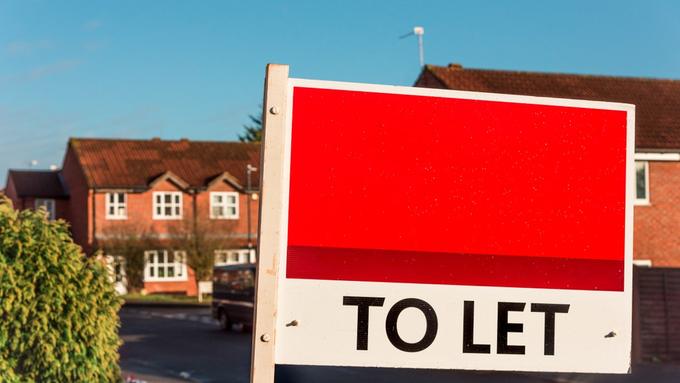Buy to Let Properties – Personal or Company Ownership
1st August 2018
Recent changes to the way landlords are taxed on buy to let properties has led to a great deal of consideration of whether buy to let properties should be owned personally or through a limited company.
This is not a straightforward decision as there are numerous tax issues that must be considered before making the decision to transfer privately owned property into an existing or new limited company.
Income Tax / Corporation Tax
The basic rate of income tax payable on profits is 20%, Corporation tax is currently chargeable at 19% but from 2020 the Corporation tax rate will fall to just 17%. Therefore, a small tax saving can be made on annual profits. However, the additional compliance costs such as accountancy fees would no doubt mean that in reality there is no cost savings for those paying tax at the basic rate.
The higher rate for income tax is currently 40%, there is no higher rate for Corporation tax so this is where using a limited company could be of some tax benefit, assuming that the directors / shareholders can limit the amount of profits that they draw from the limited company.
Mortgage interest relief will be removed for higher rate tax payers, making private ownership less tax efficient for higher rate tax payers.
Capital Gains Tax
When property is sold, capital gains tax is normally due on the gains made. Individuals are entitled to an annual capital gains tax allowance of £11,700. A limited company does not benefit from this allowance.
There are also different tax rates for capital gains tax, individuals pay capital gains tax at 18% / 28% depending on if they are higher rate tax payers, whereas a limited company pays the corporation tax rate of 19%, or 17% from 2020.
If a property is jointly owned then each owner will benefit from the annual allowance of £11,700.
Extraction of Profits
There is a potential tax trap for property owned within a limited company. Individuals pay tax based on their annual profits. If property is owned by a limited company, the profits will be taxed but if the shareholders then withdraw the profits from the company as a dividend, they are potentially also subject to tax at 7.5% or 32.5%.
There is also a potential double tax charge when property is sold within a limited company and subject to capital gains tax. If the retained cash is then withdrawn by the shareholders they also will be taxed on the funds.
Transfer of a property into a limited company
The initial transfer of a property from an individual to a limited company is considered a sale for capital gains tax purposes. This means that the owner may have a capital gains tax liability on the increase of the property value at the point where it is sold to the company.
Consideration must also be given to stamp duty which would be payable on the initial transfer.
This is a complex area and each case will no doubt have different considerations. Private ownership will sometimes be beneficial and in other cases a limited company may be the better option.
If you would like to discuss this in more detail, then please contact Gareth Botterill on 01482 862240 or email gareth@botterillco.co.uk
<< Back to Blog
